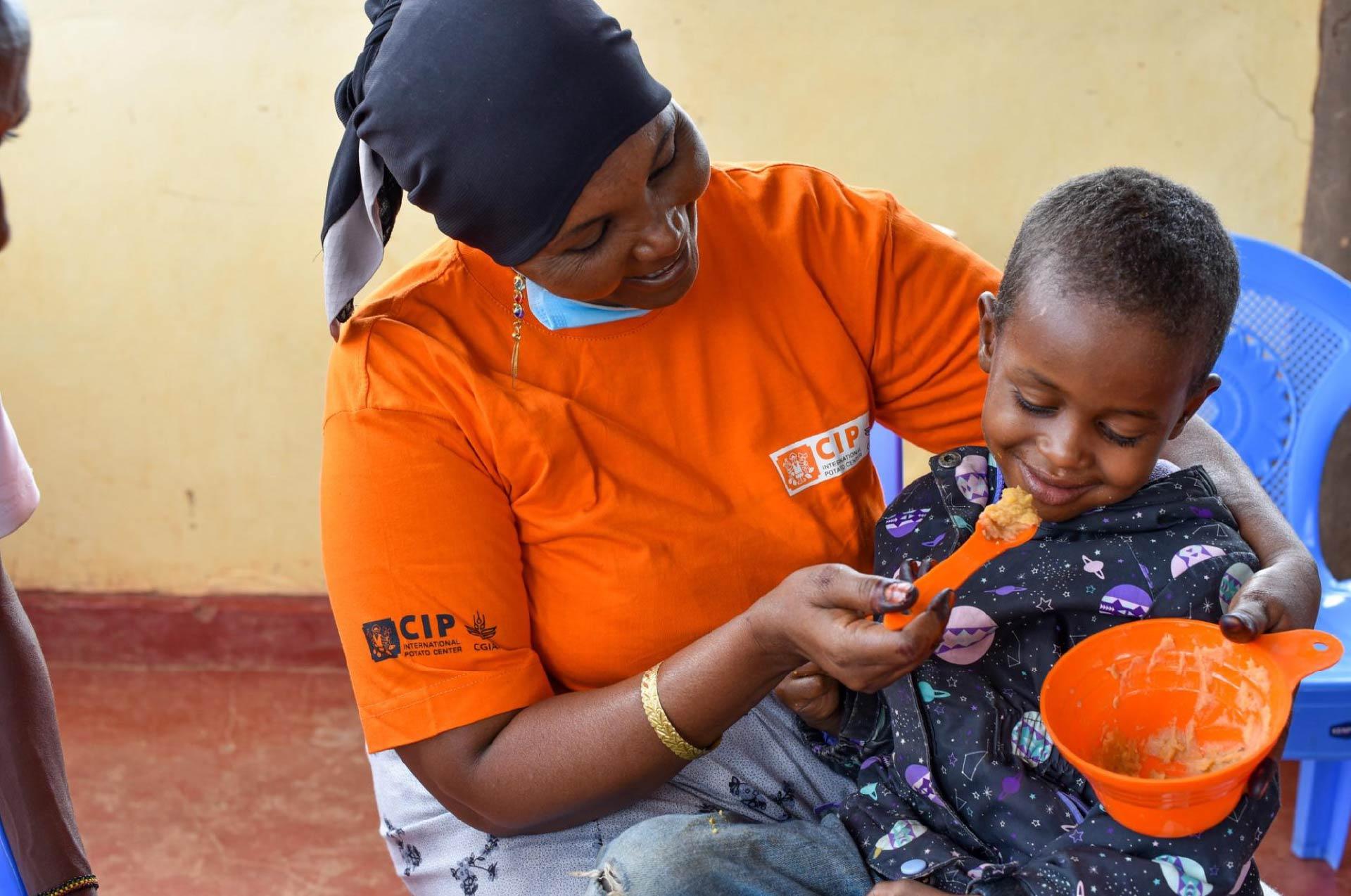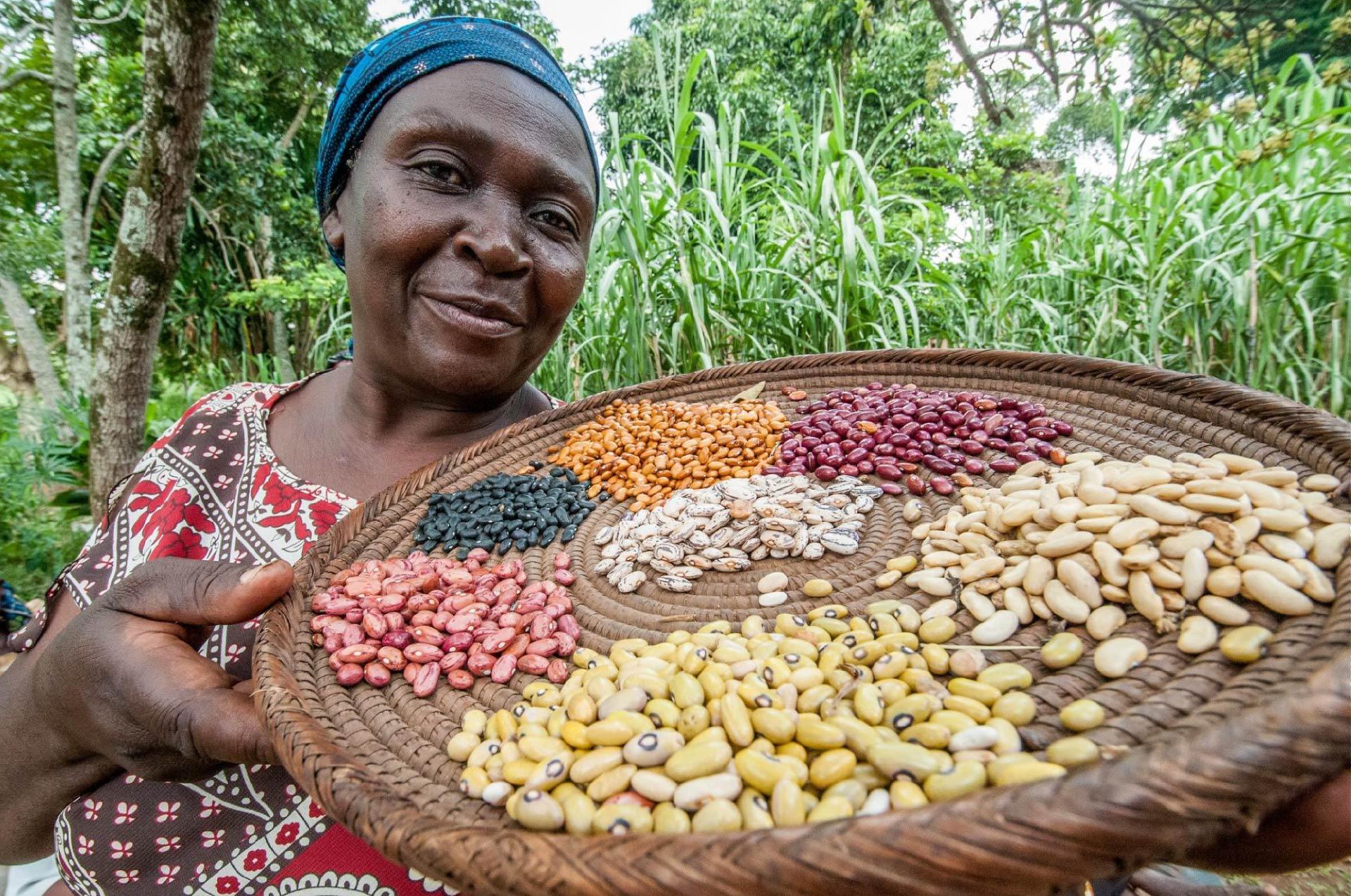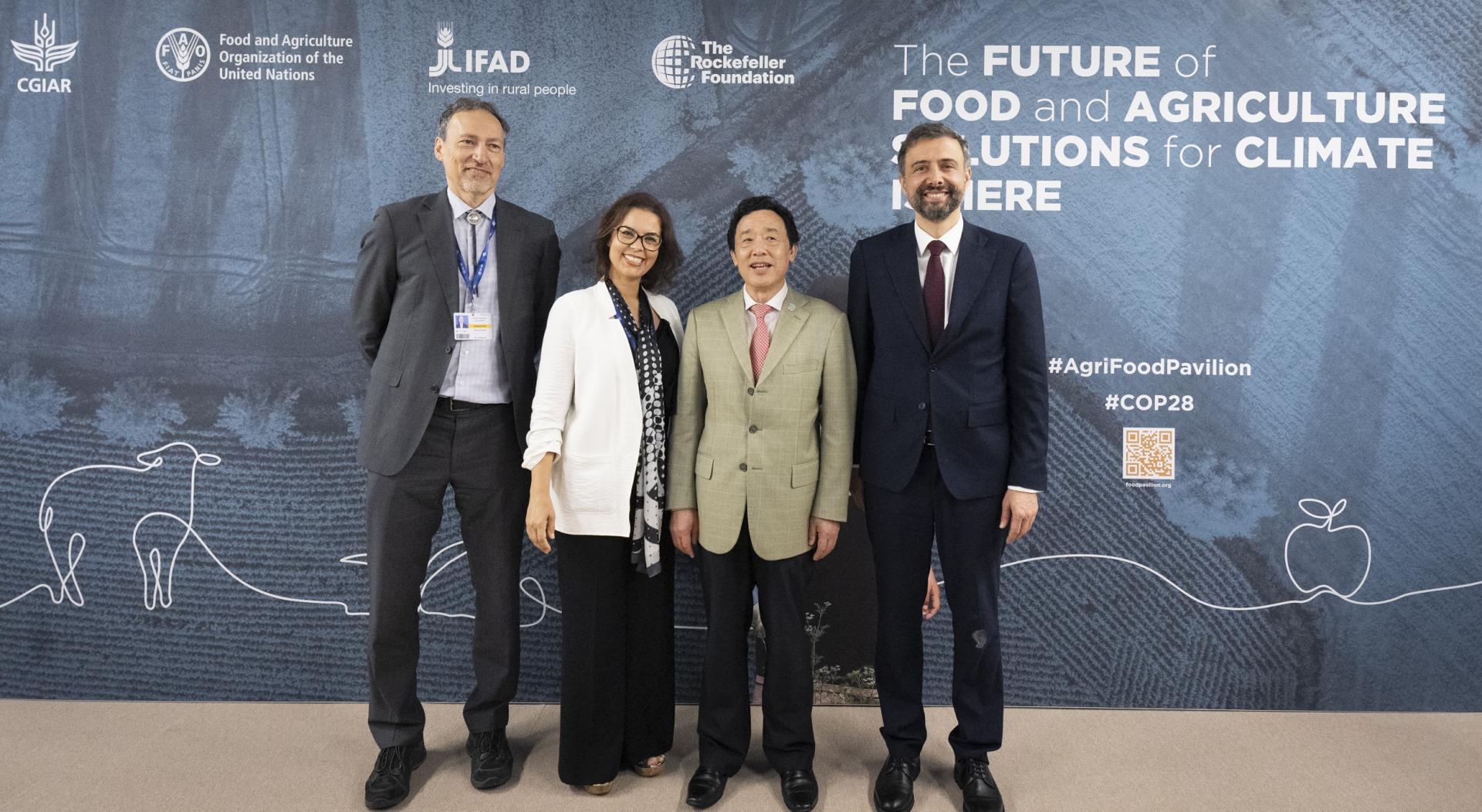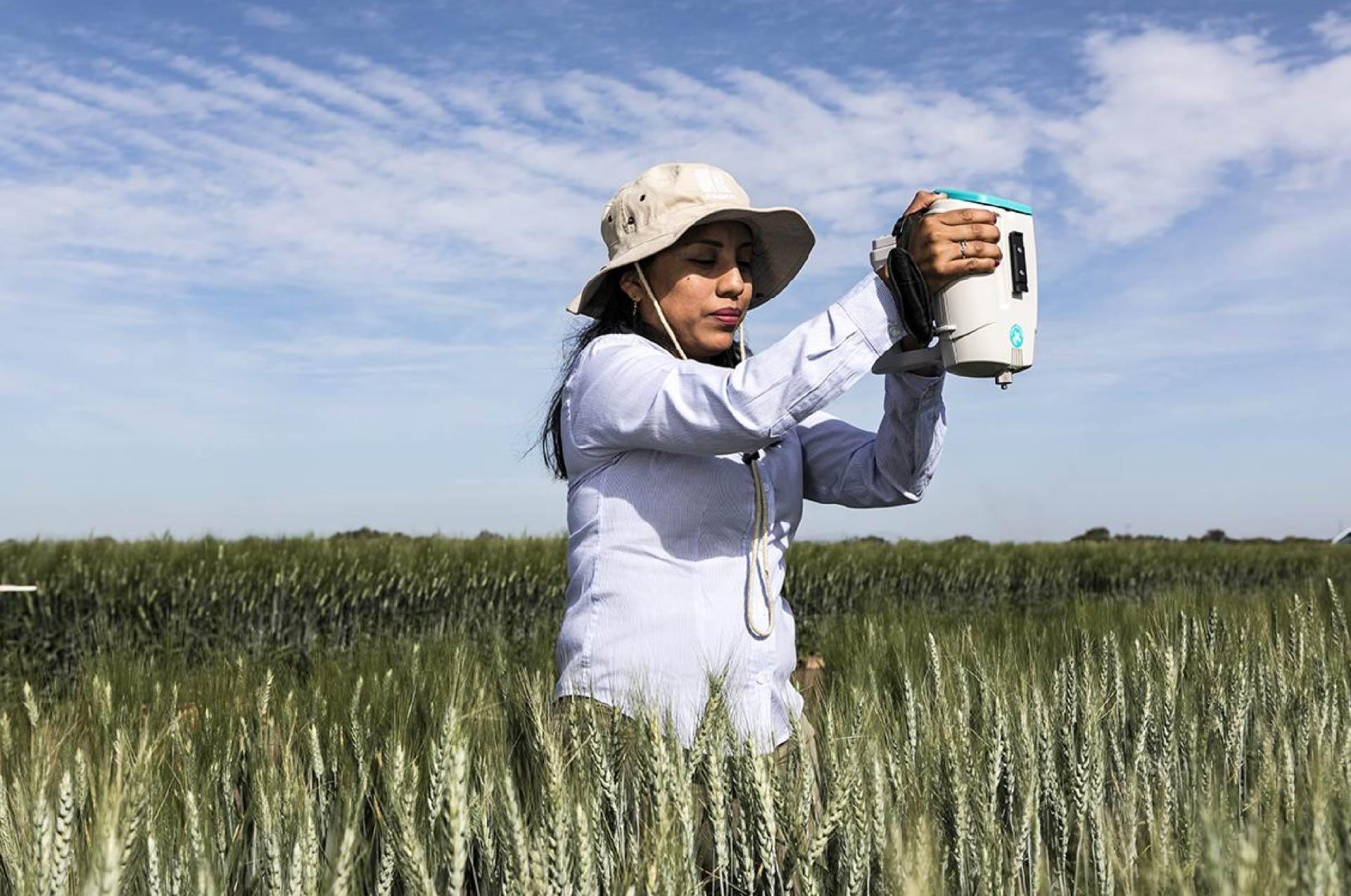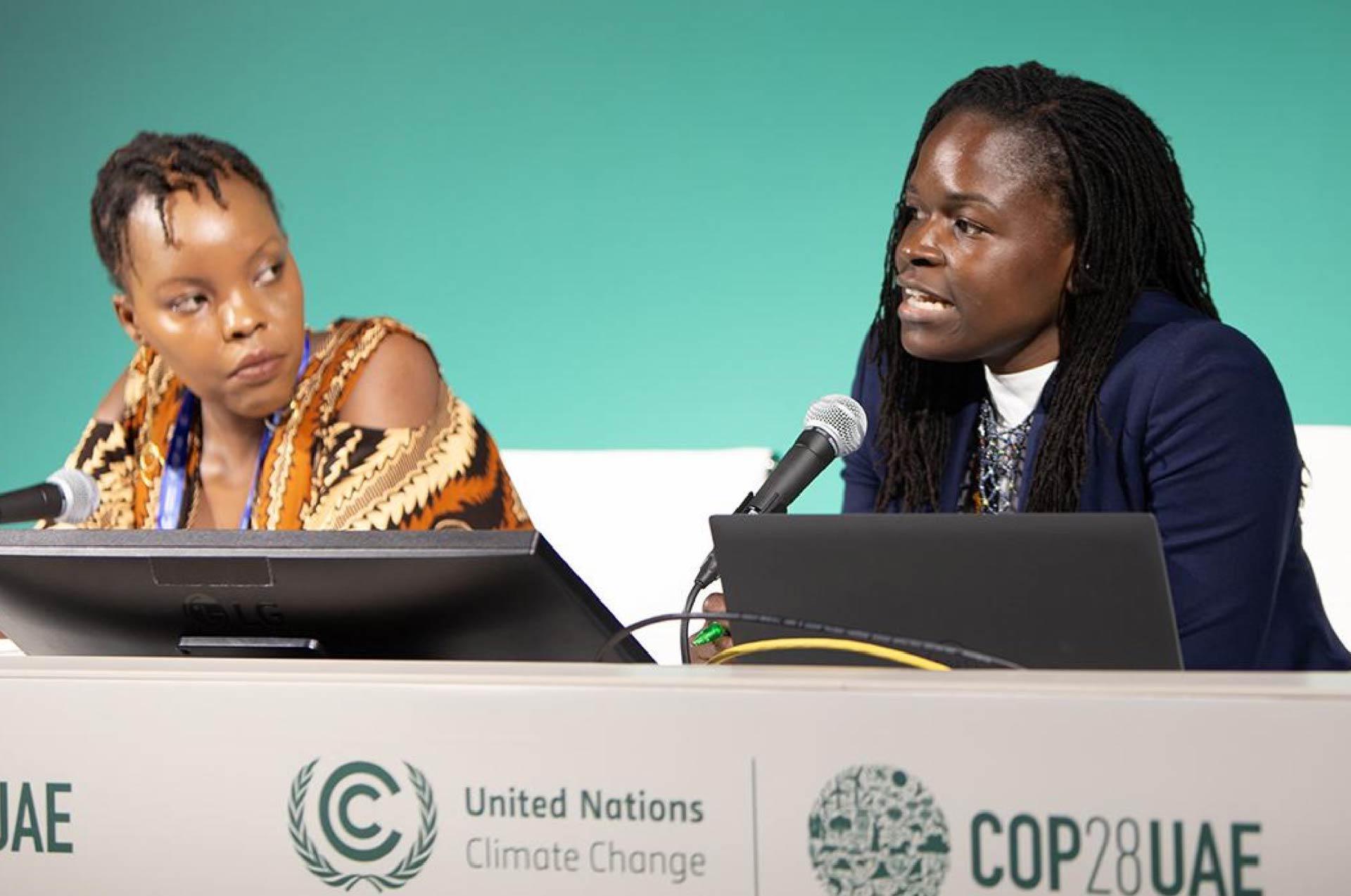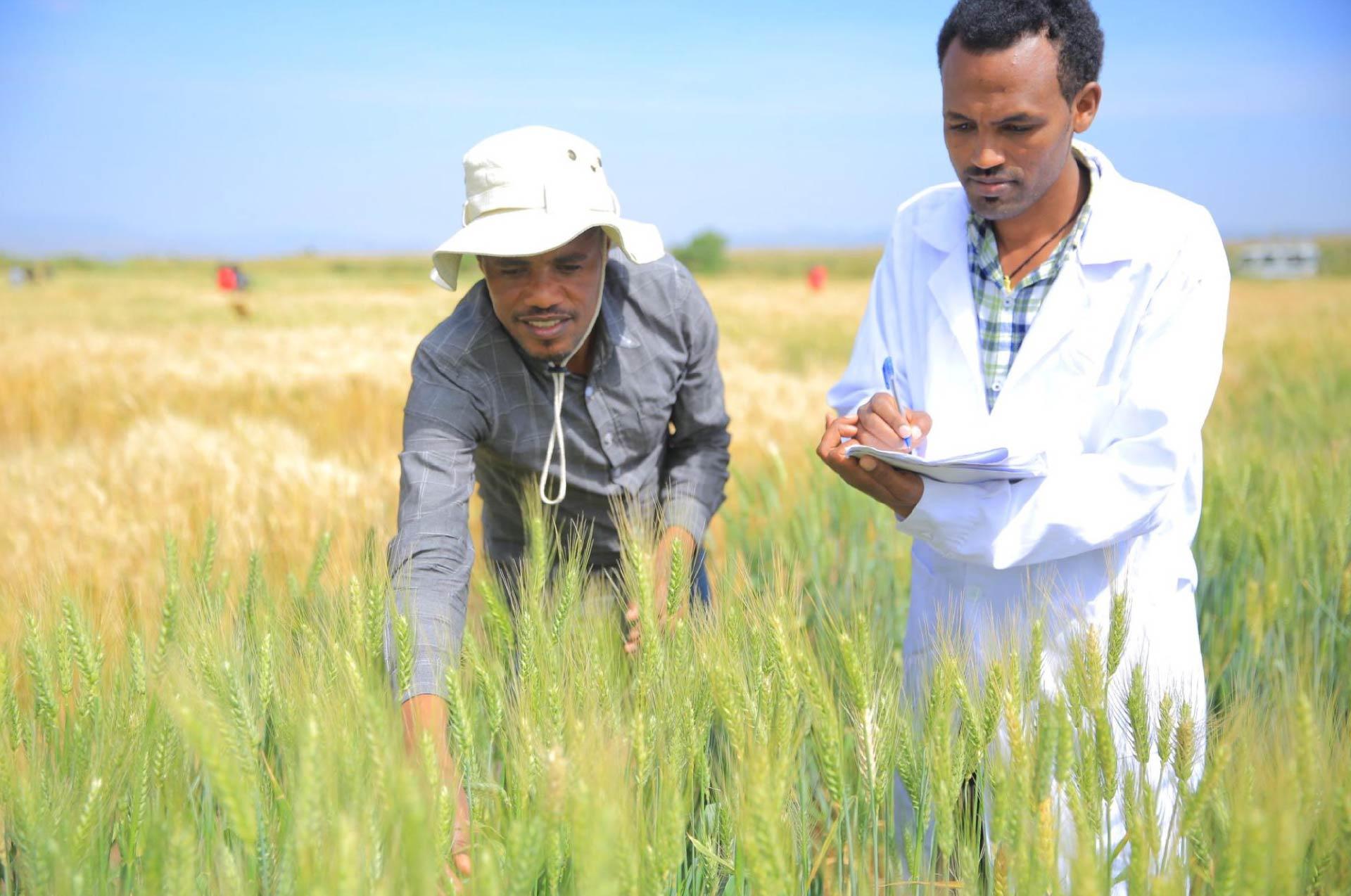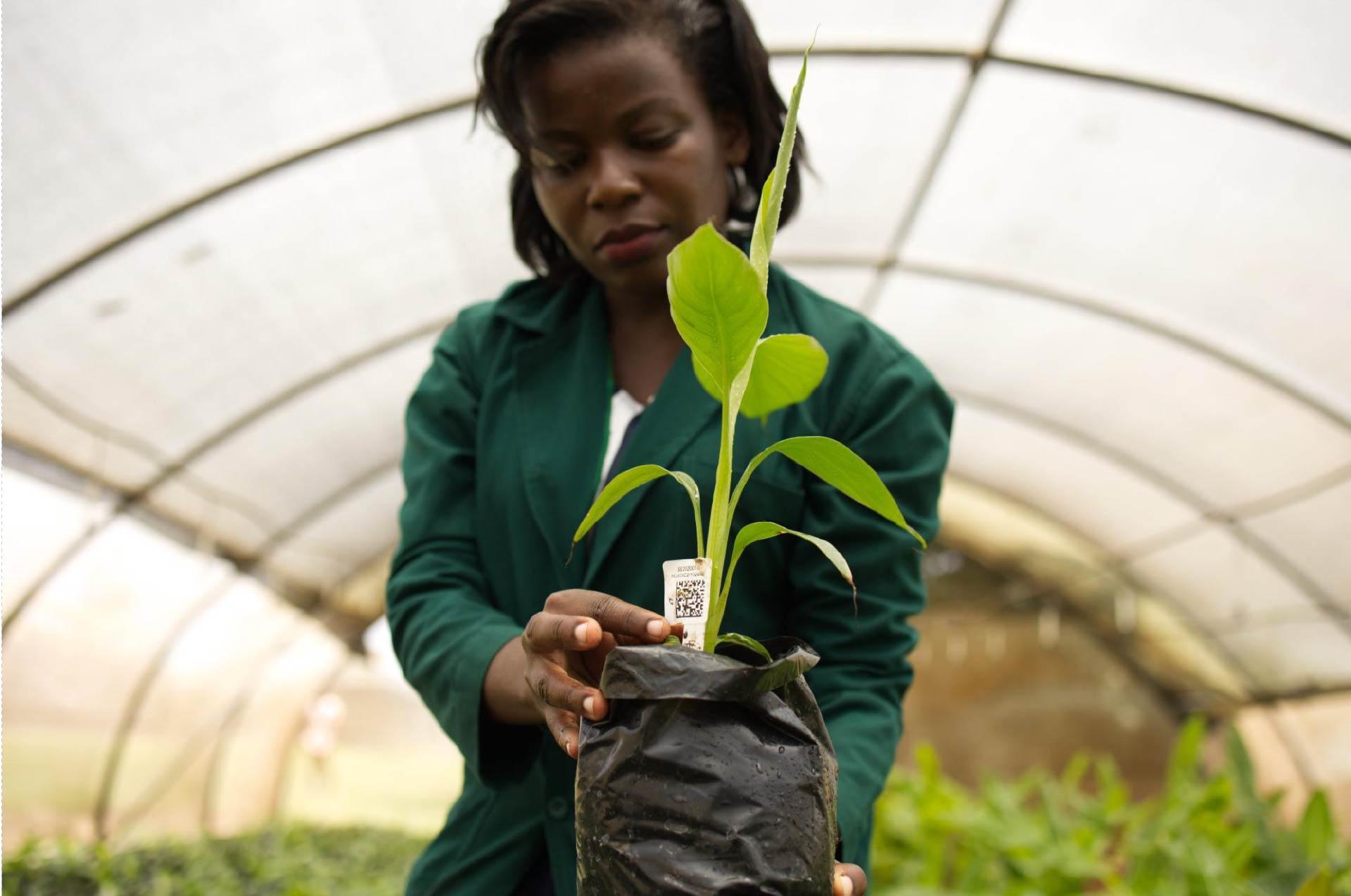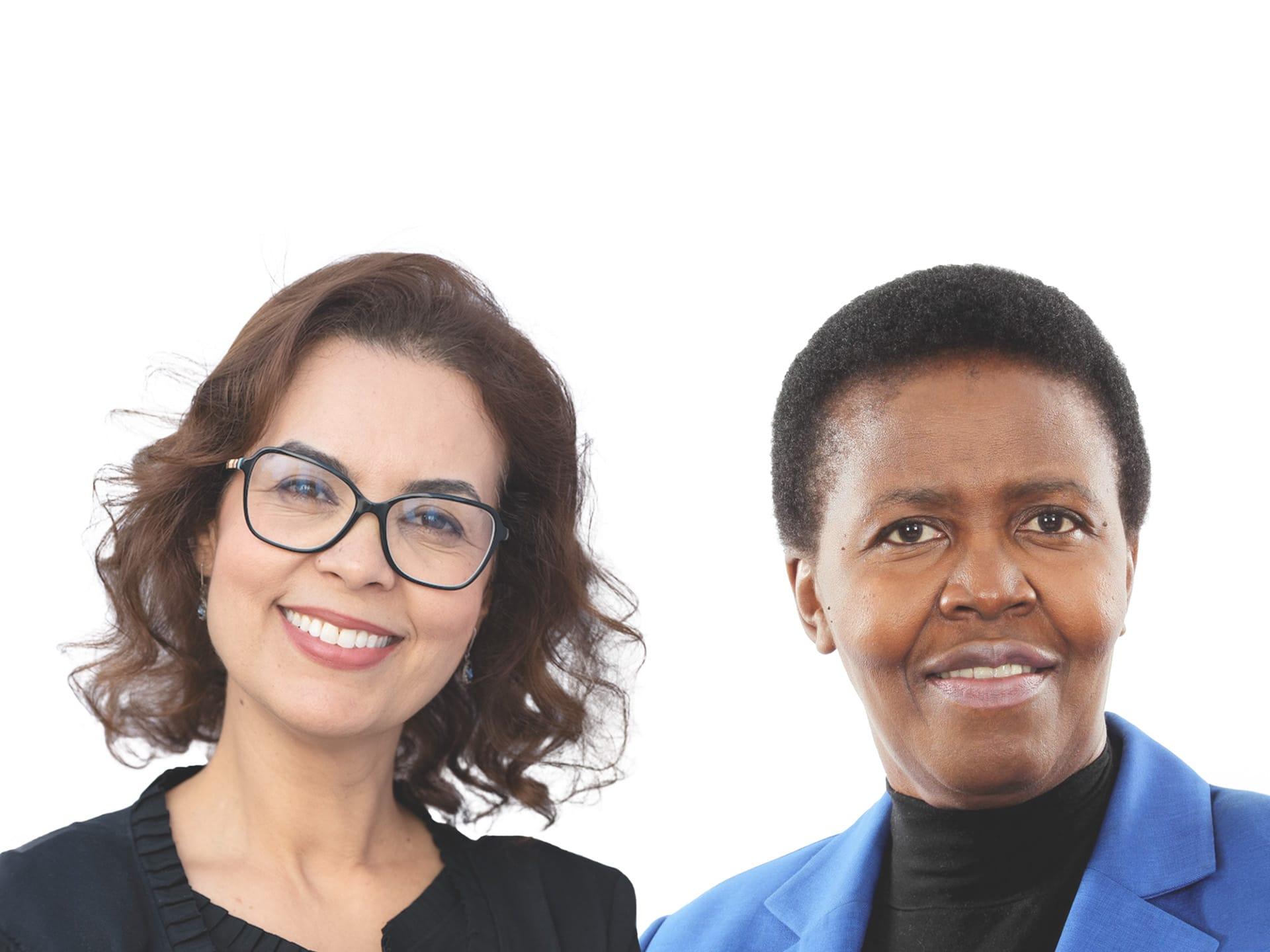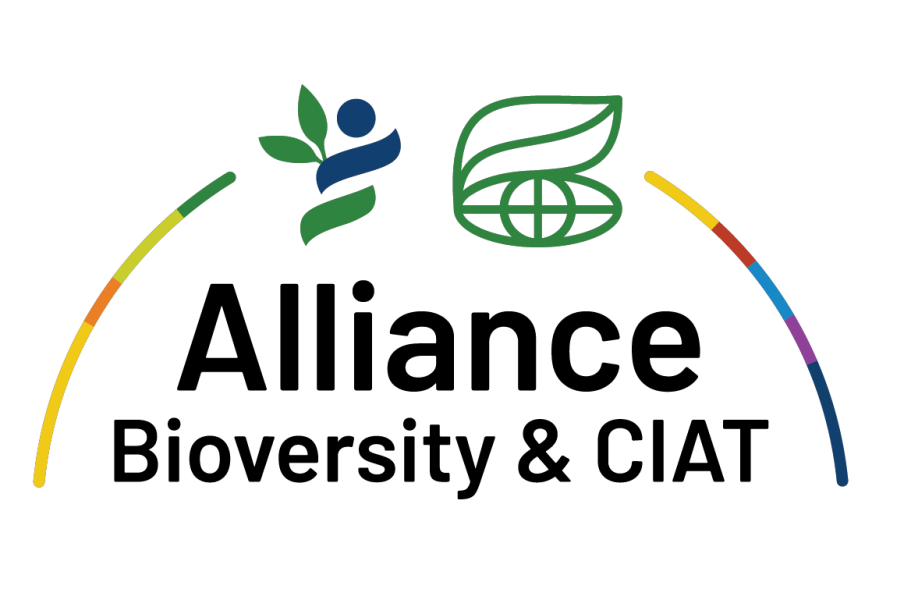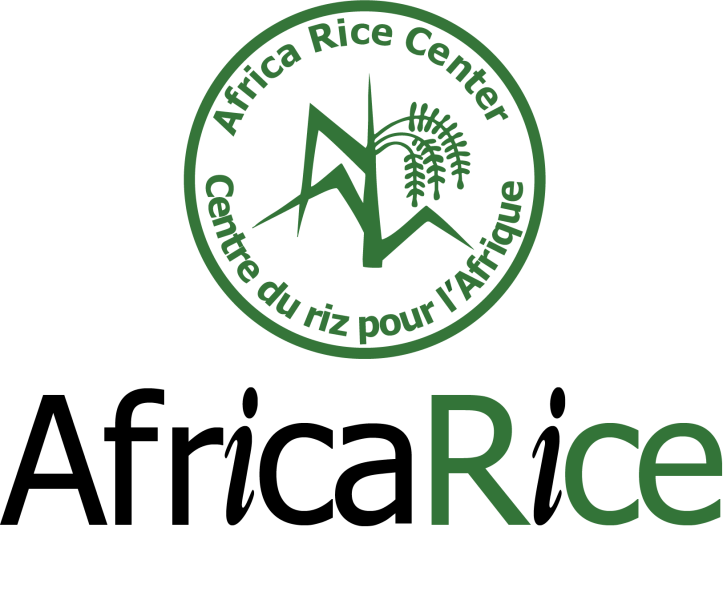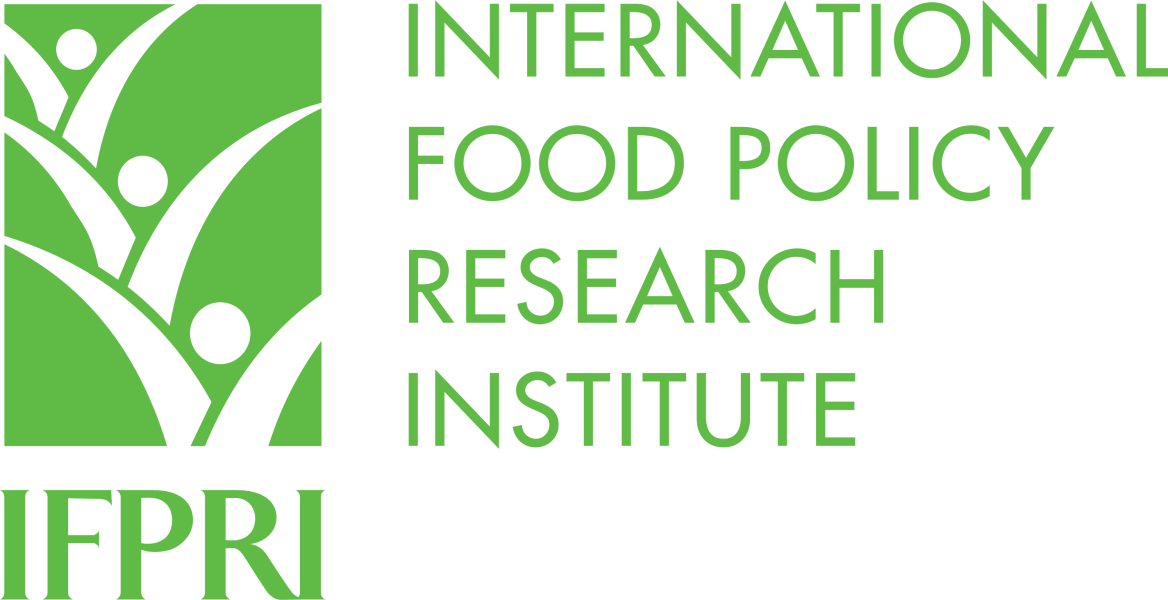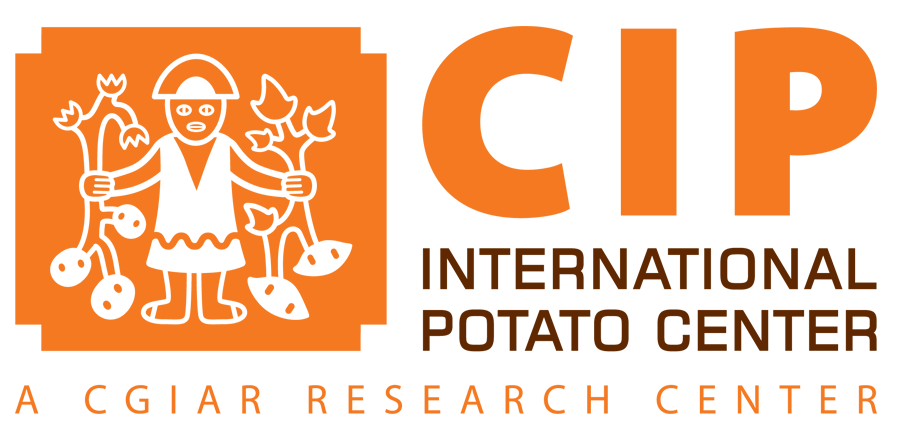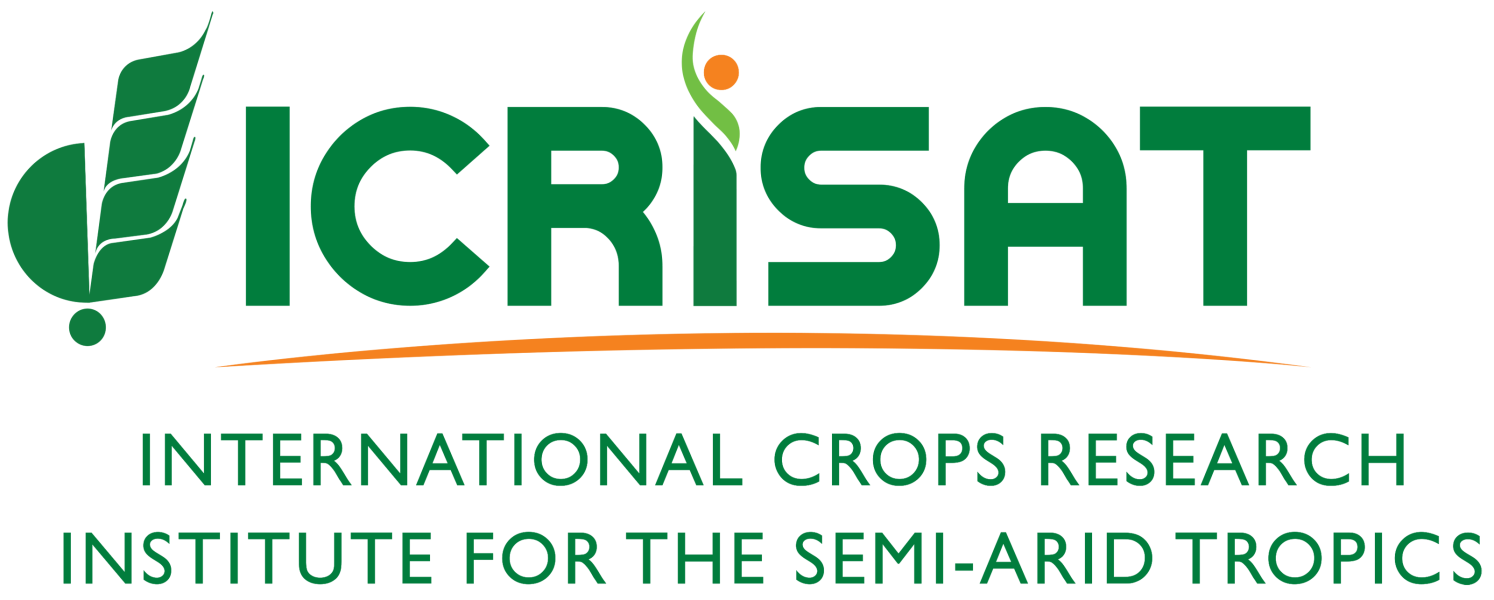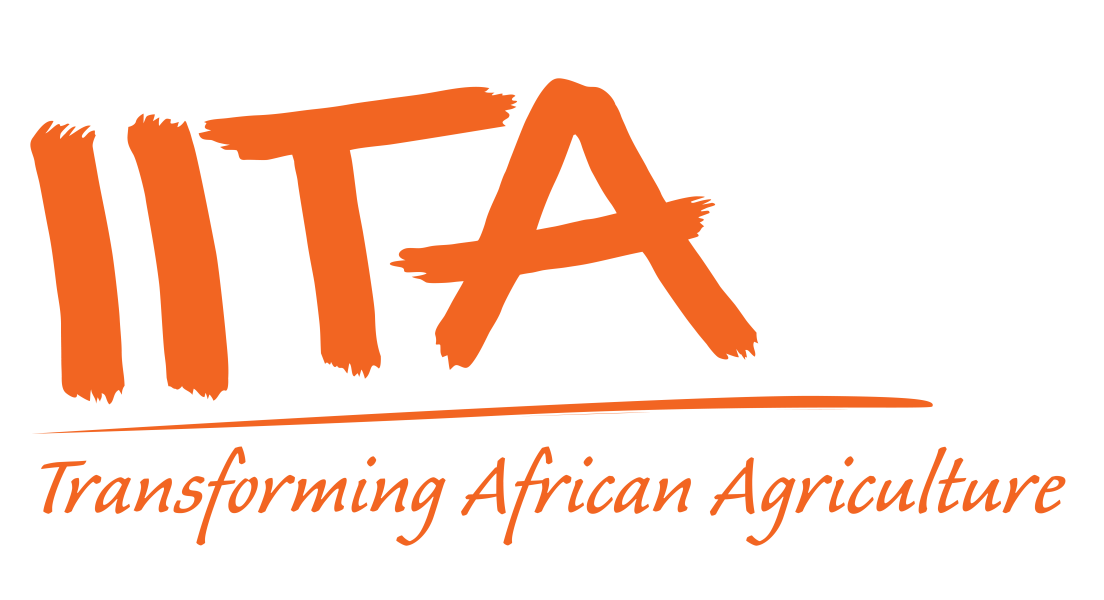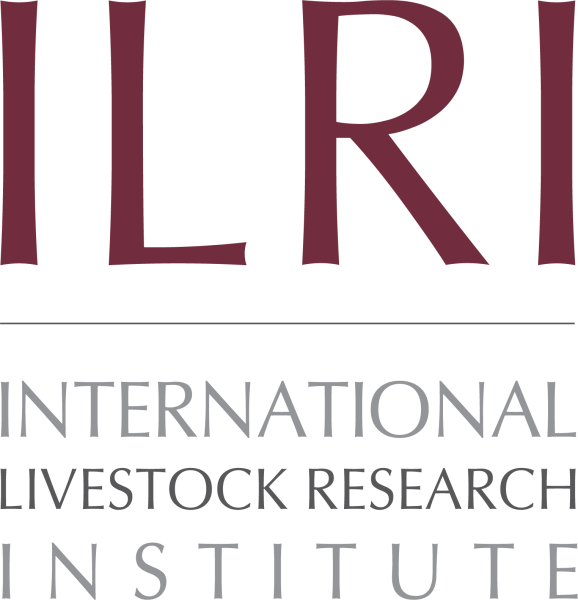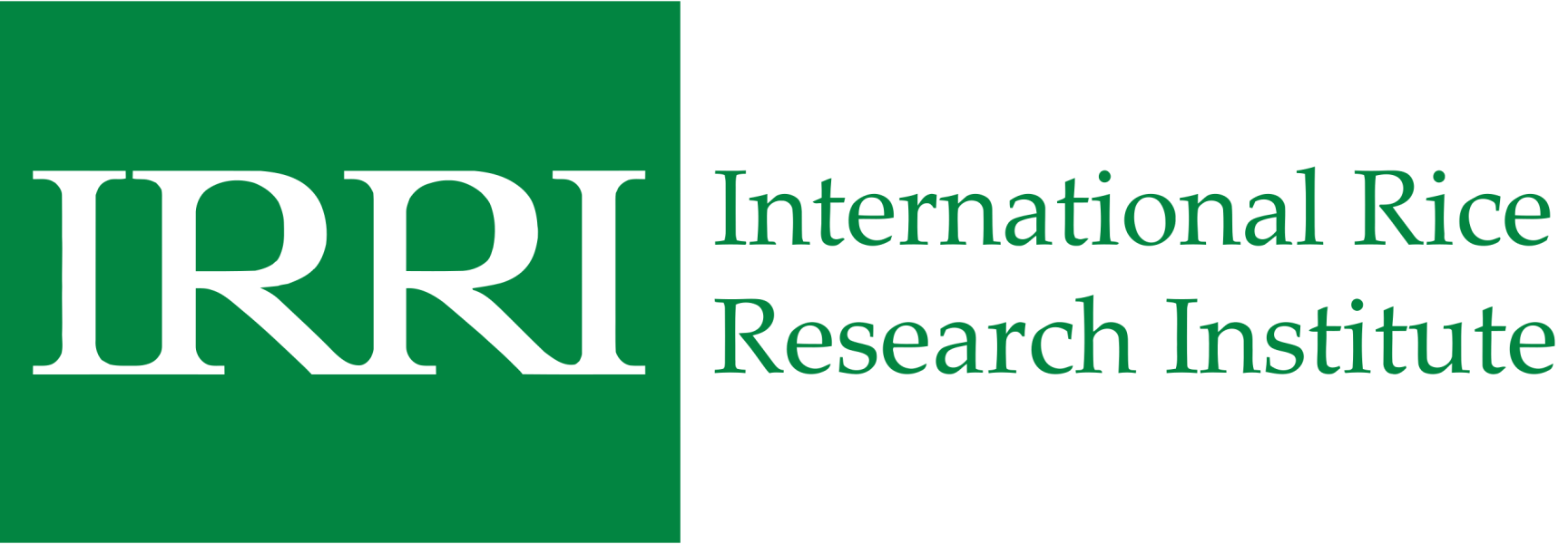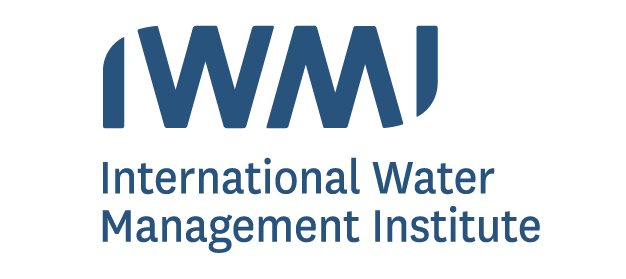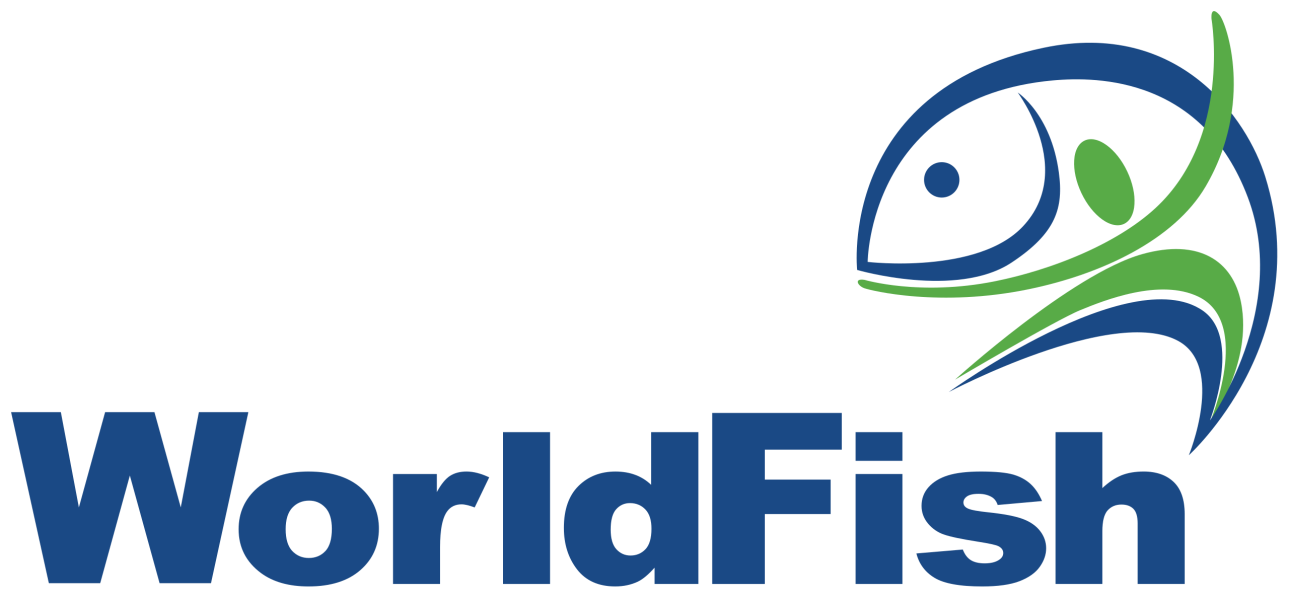What CGIAR is doing in Ghana
CGIAR has been engaging in research for development and innovations in Ghana and building the capacity of diverse stakeholders in the agrifood sector. In 2023, CGIAR’s activities were delivered at various levels of implementation, from the field to the landscape and influencing national-level policies. Research efforts in 2023 resulted in 202 results, including 86 knowledge products, 38 innovation development results, seven innovation use results, and two policy change results. This success represents an impressive 80 percent growth over the 112 results achieved in 2022. These results are a testament to the collaborative efforts of CGIAR and the 274 partners of the Initiatives, Impact Platforms, and SGPs in Ghana.
Strategic partnerships in Ghana
CGIAR has leveraged strategic partnerships and collaboration in Ghana to deliver results across all sectors. In 2023, CGIAR collaborated with 274 partners that spanned local to international organizations. While CGIAR provided partners with scientific, technical, and financial support, the latter contributed complementary skills and local experience to joint project development and implementation. Figure 1 shows 2023 results by contributing partner.
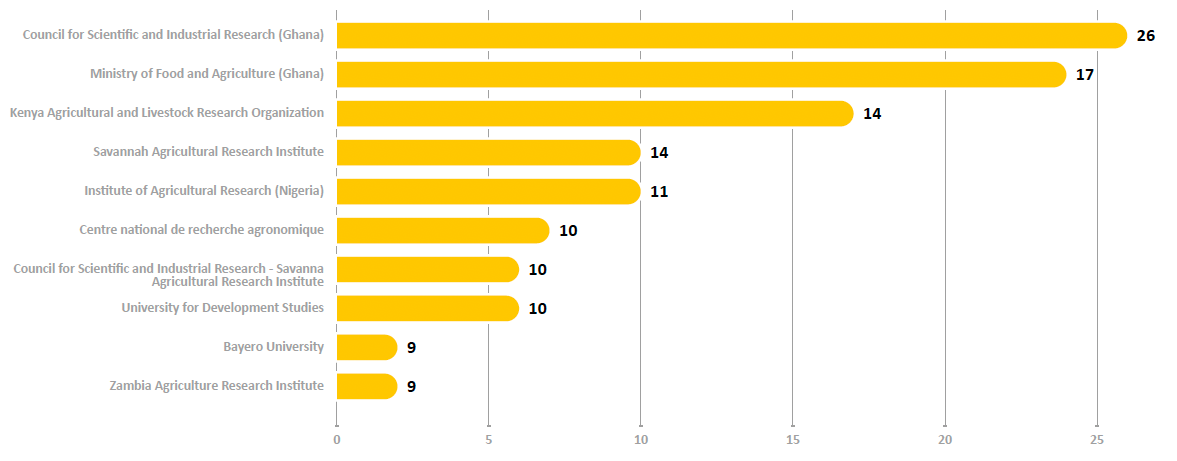
Figure 1. Strategic engagement partners for CGIAR in Ghana, 2023.
Source: CGIAR Results Dashboard, accessed on 1 May, 2024.
Initiatives in Ghana
CGIAR is active in multiple locations in Ghana (Figure 2). In 2023, seven CGIAR Research Initiatives were worked in 10 of the 16 administrative regions. CGIAR field research was targeted around the country’s northern and southwestern belts due to the pronounced vulnerabilities of communities and the environment to the devasting effects of climate change, among other developmental changes, in these areas.
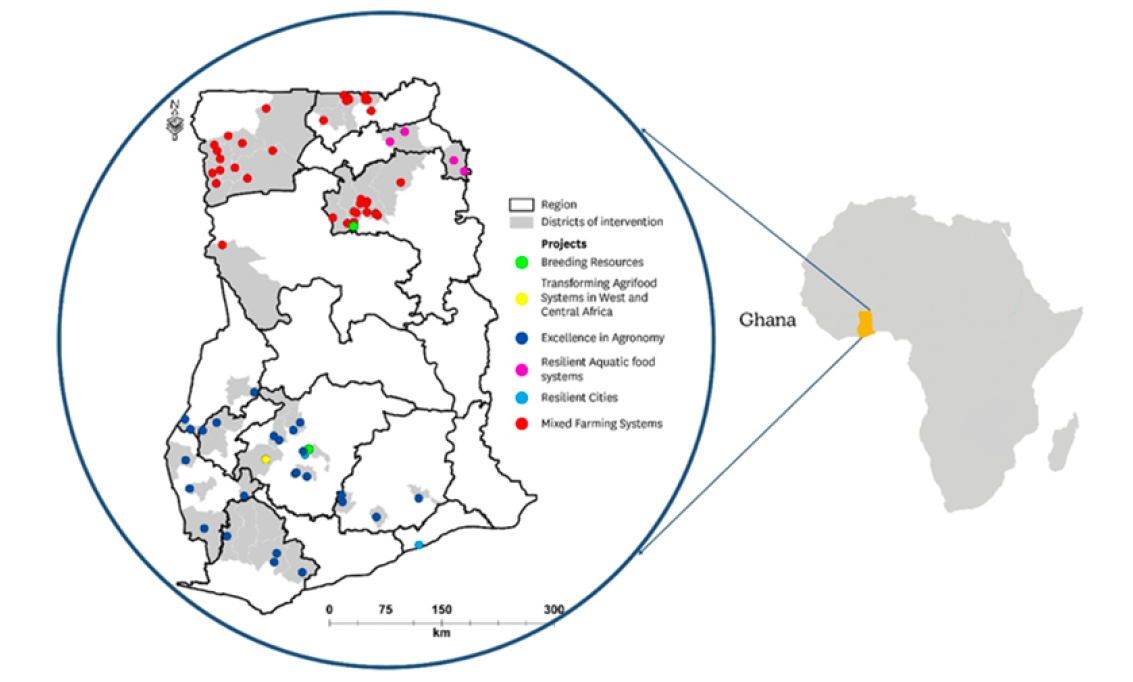
Figure 2. Strategic engagement partners for CGIAR in Ghana, 2023.
CGIAR results in Ghana
In terms of CGIAR’s Science Groups, Ghana’s results are mainly from ST (111 results), followed by GI (72 results), with 21 results from RAFS (Figure 3).
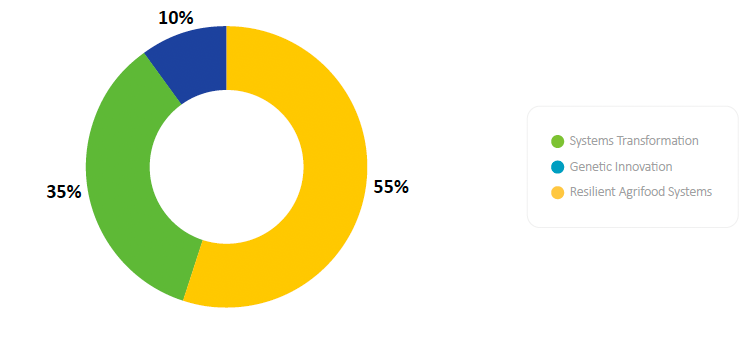
Figure 3. CGIAR results by Science Group in Ghana, 2023.
Source: CGIAR Results Dashboard, accessed on 1 May, 2024.
For the Impact Areas, 2023 results contribute mostly to the Nutrition, Health, and Food Security and the Climate Adaptation and Mitigation Impact Areas, with an almost equal number of results contributing to the remaining three Impact Areas. Figure 4 shows the breakdown of reported results.

Figure 4. Contributions to the CGIAR Impact Areas in Ghana, 2023.
Source: CGIAR Results Dashboard, accessed on 1 May, 2024.
These results touch on 16 of the 17 SDGs, with more than 100 results each for SDG 1 (No Poverty) and SDG 2 (Zero Hunger). The other high-scoring SDGs are SDG 5 (Gender Equality), SDG 13 (Climate Action), and SDG 6 (Clean Water and Sanitation) (Figure 5).
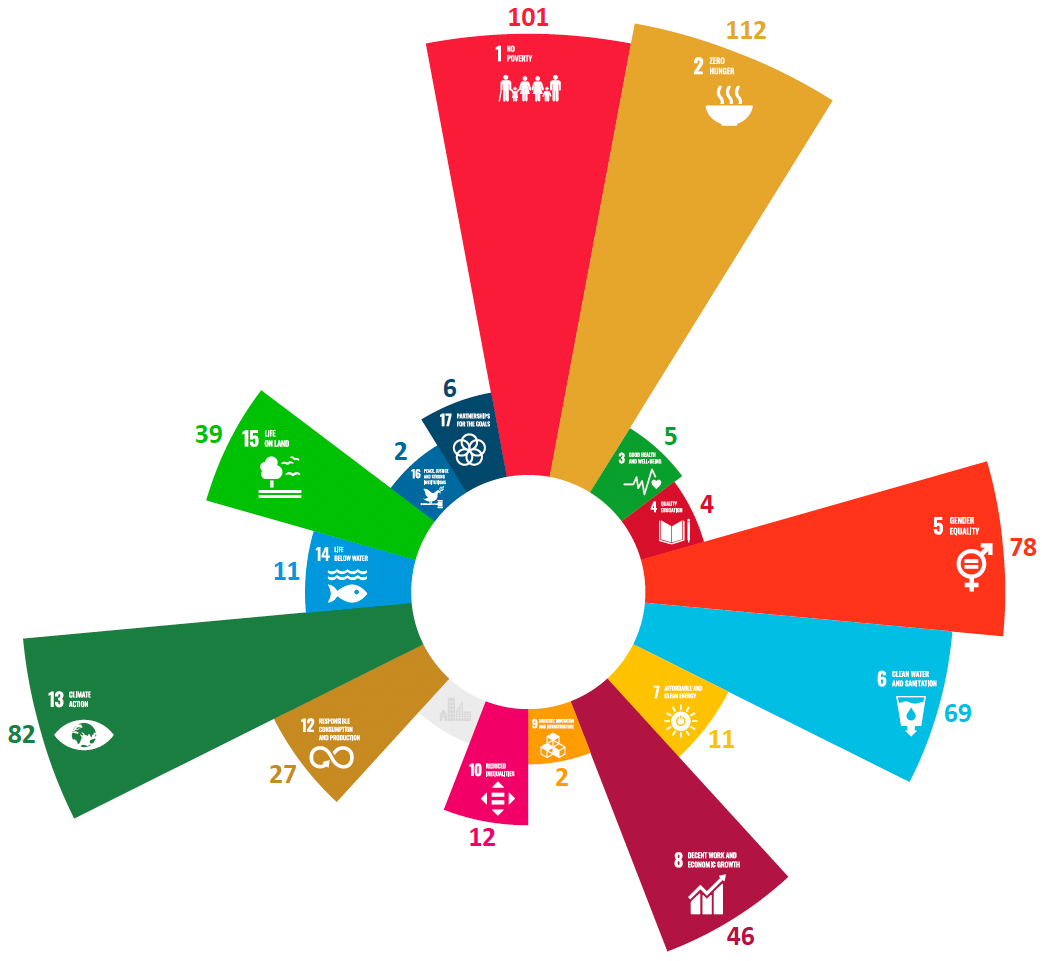
Figure 5. Contributions of CGIAR results to the SDGs, 2023.
Source: CGIAR Results Dashboard, accessed on 1 May, 2024.
Result overview

Figure 6. Outputs and Outcomes for Ghana, 2023.
Source: CGIAR Results Dashboard, accessed on 1 May, 2024.

Figure 7. Results for Ghana tagged to CGIAR’s five Impact Areas, 2023.
Source: CGIAR Results Dashboard, accessed on 1 May, 2024.
Result examples
Capacity sharing for development
CGIAR has built a community of practice in Ghana for integrated seed sector development to achieve an inclusive and sustainable food system through knowledge exchange and capacity sharing among stakeholders within the agricultural value chain. Smallholder farmers are at the core of agricultural development in Ghana.
CGIAR trained over 7,500 stakeholders in 2023. Extension agents were trained across Ghana to conduct an e-registration of farmers to ensure access to inputs and agro-climate advisory services. In addition, some local farmers in the northeast of Ghana were trained in fish cage farming utilizing small reservoirs to sustainably improve food production and livelihood streams and empower youth, women, and small-scale farmers. CGIAR also trained farmers in efficient water management practices using low cost and locally made water scheduling tools. The Alternate Wetting and Drying tool made of PVC pipe improved water and nutrient use efficiencies. Farmers living in northern and central Ghana were able to conserve water by 40 percent and improve rice yield by 22 percent.
CGIAR has invested in genetic innovations by establishing digital platforms, breeding data management, and genotyping data analysis. Several farmers and extension agents were trained on Black Soldier Fly Technology in 2023.
Strategic innovations for the agrifood sector
In Ghana, innovation development is championed by demand actors, facilitating the uptake and scaling of innovations toward impact. In 2023, CGIAR developed 38 innovations at different scaling readiness levels with high potential. Examples include the following:
- Community volunteers were involved in the co-design and implementation of research activities of the West African Agrifood System Transformation Initiative.
- Involved in the co-design and implementation of research activities of the West African Agrifood System Transformation Initiative.
- CGIAR promoted gender equality with tools such as the Women’s Empowerment in Livestock Index to measure women’s involvement in livestock-dependent livelihood systems. The tool allows comparisons of women’s empowerment across sites and time.
- CGIAR also developed climate adaptation tools such as Aclimatar for cocoa management in Ghana and advocated for sustainable cocoa production through Integrated Soil Fertility Management (CocoaSoil).
- As part of its contribution to the Environmental Health and Biodiversity Impact Area in Ghana, CGIAR established a Circular Bio-Economy Innovation Hub, uniting more than 16 partners and serving as a one-stop shop for training, research, advisory, and demonstration for all of CGIAR’s innovations in the circular bioeconomy – such as waste-based organic fertilizers, energy recovery, and the utilization of wastewater for agricultural and fish production.
- To strengthen the analysis of strategic interventions by state actors, CGIAR developed a Foresight and Rapid Response Modeling System – an on-demand modeling tool to analyze intervention impact during global crises to advise the investment response of development organizations and policymakers.
Policy for agricultural transformation in Ghana
CGIAR influenced policy transformation from the local to national governance levels in Ghana by co-creating with national institutions demand-driven solutions to transform food, land, and water systems. For example:
The success of the Tilapia Seed Program inspired the Government of Ghana to launch an Aquaculture Development Plan. Furthermore, the CGIAR Research Initiative on Aquatic Foods, together with partners, contributed to integrating aquaculture into the design of the government flagship program “One Village, One Dam” in Ghana, integrating aquaculture and aiming at increasing aquaculture production.
CGIAR’s research findings contributed to new investment decisions by Agricultural Mechanization Services Enterprise Centers to meet the needs of smallholders in Ghana.
Beyond supporting policymaking, CGIAR played a key role in designing and validating the national hatchery and fish farm certification system in Ghana.
Ghana, through a strategic effort by CGIAR, prepared a Biodiversity in Agriculture Flagship Report. The report’s objective is to raise countries’ understanding of agriculture’s impact on biodiversity and ecosystem services (nature) and provide them with the knowledge, policy tools, and investment options to protect nature while meeting the demand for food.
CGIAR investments in Ghana
CGIAR invested more than USD 6 million in Ghana through seven Initiatives. Figure 8 shows the top five Initiative budget allocations in 2023, highlighting the considerable focus on improving Ghana’s agricultural sector through CGIAR’s Initiatives (Excellence in Agronomy, Mixed Farming Systems, West and Central African Food Systems Transformation, Resilient Cities, and Aquatic Foods).

Figure 8. Top five Initiative budgets allocated to Ghana, 2023.
Source: CGIAR Results Dashboard, accessed on 1 May, 2024.
CGIAR alignment with country priorities
Country needs for the agriculture and development sectors have been well expressed in relevant documentation, including the Medium-Term National Development Policy Framework: Agenda for Jobs II- Creating Prosperity and Equal Opportunity for All (2022-2025); the Coordinated Programme of Economic and Social Development Policies (CPESDP) 2017-2024; the Ghana Beyond Aid Charter; the Food and Agriculture Sector Development Policy (FASDEP), and its related Medium Term Agriculture Sector Investment Plan (METASIP); and Planting for Food and Jobs (2018- 2024). These frameworks and polices have guided CGIAR implementation across all 16 regions in Ghana, with several staff living and/or working particularly in the climate-vulnerable hotspot districts of northern Ghana, where the greatest food, land, and water system problems persist. By working together with national partners, CGIAR has contributed to water management solutions, crop and livestock breeding, agricultural value chain improvements, agronomic practices, plant and animal health, policy change, improved nutrition, natural resource management, and climate change responses in Ghana. These solutions align well with national priorities.
The Initiatives operating in Ghana were co-implemented with national partners, demonstrating strong alignment to the country needs and priorities. Some examples include:
The CGIAR Research Initiative on Resilient Cities’ thematic focus on the key challenges of urban and peri-urban environments, including unhealthy diets and limited access to nutritious food by the urban poor; food safety and food waste reduction; pollution; environmental degradation and climate change impacts; and low visibility and support within urban policy, governance and investment aligns well with the country’s existing Environmental Sanitation Policy and contributes to its revision.
The CGIAR Research Initiatives on Excellence in Agronomy, West and Central African Food Systems Transformation, Aquatic Foods, and Mixed Farming Systems align with the government’s flagship programs on Planting for Food and Jobs, Rearing for Food and Jobs, and One Village, One Dam. Together with other NARES, CGIAR has utilized its expertise to co-develop biofortified crop varieties, smart seeds, climate smart irrigation technologies, and financial models integrating public-private investments for smallholder farmers, among others. The integration of aquaculture into existing irrigation dams serves as an alternative source of food and livestock for smallholder households. The Initiative on Aquatic Foods has aligned well with the government program, One Village, One Dam.
CGIAR’s Initiatives play a crucial role in the Ministry of Food and Agriculture’s Planting for Food and Jobs Phase II (PFJ 2.0), transitioning from input subsidies to a credit system tied to structured markets. Phase II emphasizes job creation and introduced the Ghana Agriculture and Agribusiness Platform for digital transactions, investment, and credit access for which CGIAR had aligned its expertise to co-develop financial models integrating public-private investments for smallholder farmers. Figure 9 shows the alignment of Initiative work to the government’s PFJ 2.0.
CGIAR’s Initiatives are leveraging the existing partnership with the Council for Scientific and Industrial Research, NARES and development partners to identify together the research needs of the country, and co-design solutions, co-lobby for funding, and co-implement projects to support the transformation of land, food, and water systems.
Ghana as an entry point for transformation in West and Central Africa
Agricultural development in West and Central Africa needs great transformation. All agro-ecological zones in the region are burdened with drastic changes and emerging problems that are more multi-faceted and complex than what existing country capabilities can respond to. The interconnected problems cut across:
Increasing water scarcity and insecurities, which contribute to slow agricultural productivity, postharvest losses and food waste.
Pressure on arable lands, soil degradation, the slow pace of practicing sustainable agricultural intensification, and limited technology adoption and ineffective innovation scaling models.
Climate vulnerability and unpredictability of rainfall, environmental degradation, and external shocks driving rising food and livestock feed prices.
Inefficient climate information services, a lack of reliable and centralized agricultural information services, and complex land tenure arrangements.
Ineffective collaboration, weak coordination and duplication of development efforts, policy incoherence and weak regulatory compliance and enforcement, and inadequate private sector engagement.
Inequalities in the access to and control over productive assets by men, women and youth.
Achieving the transformation needed requires CGIAR to continue to play its vital role in confronting food, land and water system challenges. Ghana’s peaceful institutional and geopolitical environment makes it possible to leverage solutions to these complex problems. Ghana is well positioned within the region to lead and significantly contribute to the agricultural transformation of other countries in West and Central Africa.
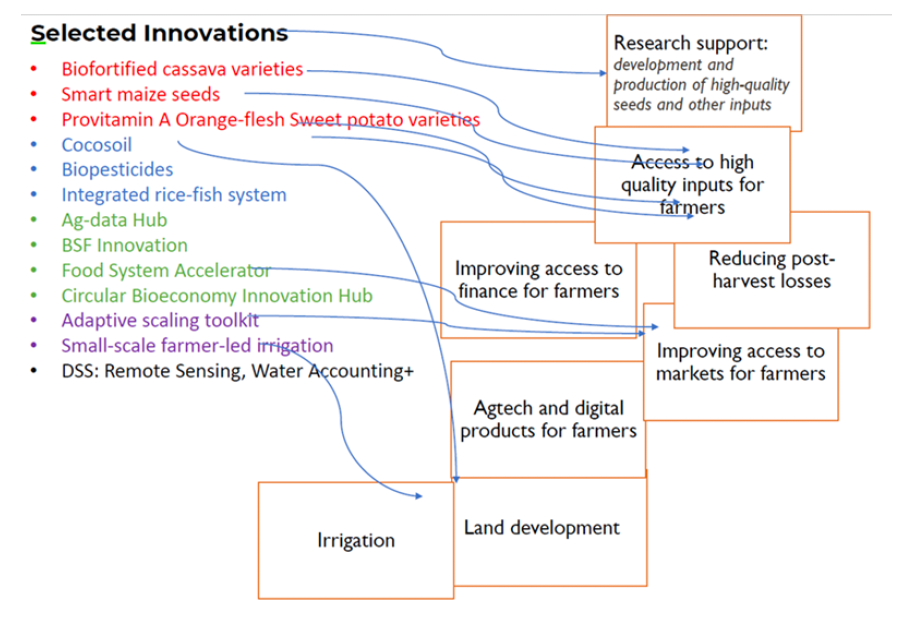
Figure 9. Alignment of selected CGIAR innovations to the themes of PFJ 2.0.

